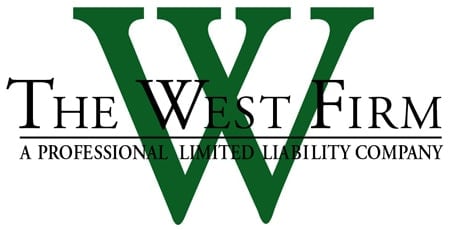Many open areas of New York and Pennsylvania are prime locations to build successful wind farms.
Governments at all levels are in many ways actively promoting wind farms and other alternative energy development projects. The hope is that these projects will meet a continued demand for energy and at the same time will be easier on the environment.
However, that does not mean that large wind farm projects are just a matter of identifying some land, buying it and installing the right equipment.
Indeed, negotiating a commercial real estate deal is only one of many important legal steps. The first step may well be to form and organize a new business and secure the necessary funding for a project.
Both of these steps involve contracts and other often-complicated legal transactions.
Commercial real estate sales of large areas of land, which is what wind farms require in particular will require attention to many different legal details.
A wind farm project will have to secure the necessary permits
Wind farm projects will also require approval from many different government agencies before they can start running.
For example, at the local level, communities will likely have permitting and zoning requirements.
These requirements may require the project’s leadership to take a number of steps up front.
To give just one example, the wind farm may have to provide a bond or other security to the local government to ensure that government that when the project ends, the business will dismantle the equipment.
At the federal level, a wind farm will have to be mindful of its obligations to protect certain wildlife, like migrating birds, for example. In some situations, they may also need to be sure that the project does not interfere with the activities of nearby military installations.
In short, setting up a wind farm will involve many complicated and critical legal transactions.
